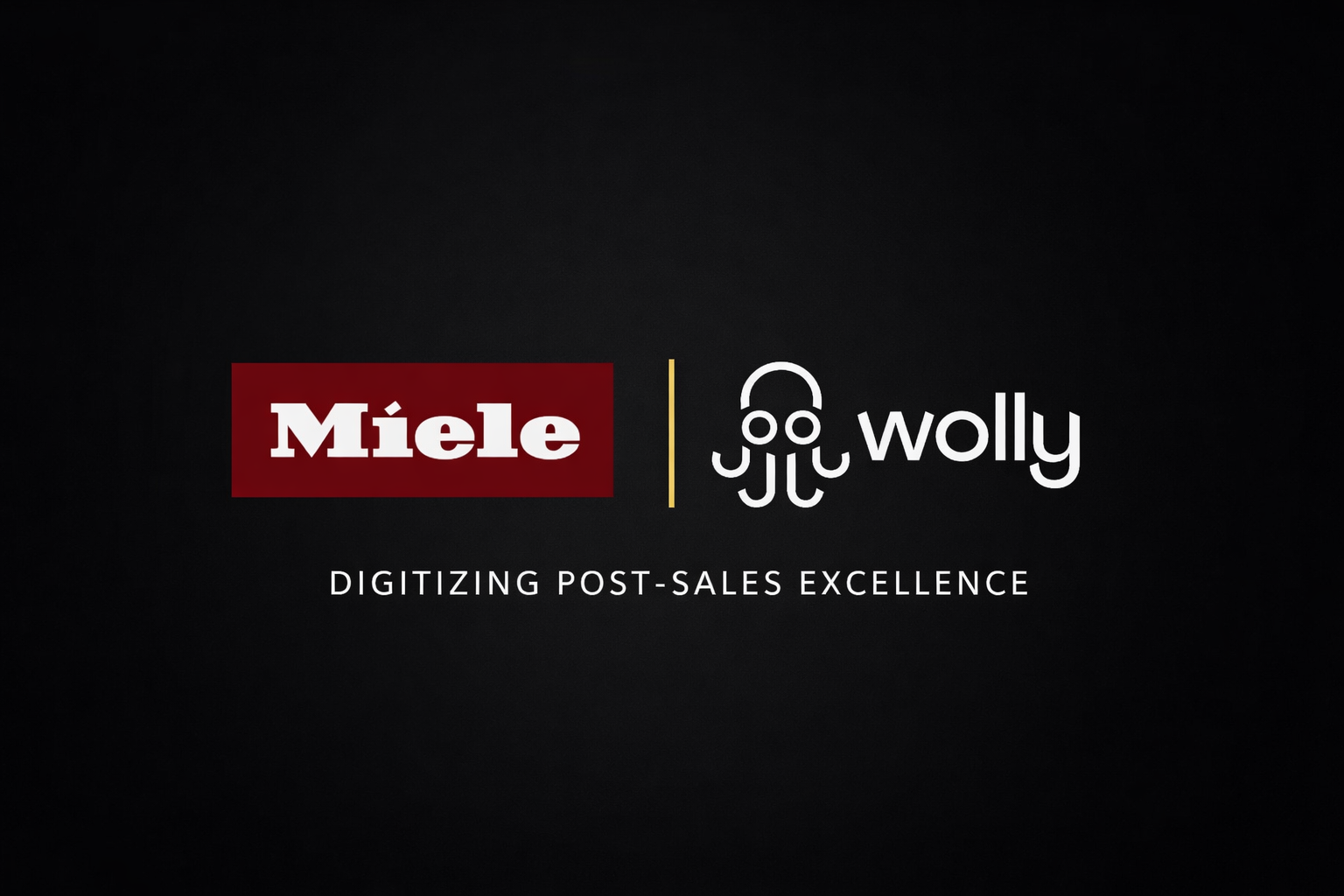```html
The Rise of Eco-Friendly Properties in Spain's Real Estate Market
In today’s real estate market, sustainability is not just a buzzword but a crucial element driving buyer preferences and investment strategies. In Spain, the demand for eco-friendly properties has surged, reflecting a broader global trend towards environmental responsibility and energy efficiency. This shift is reshaping the property landscape, offering new opportunities and challenges for investors, developers, and homeowners alike. Understanding this trend is essential for anyone looking to participate in the Spanish real estate market effectively.
What Defines Eco-Friendly Properties?
Eco-friendly properties are designed with sustainability at their core, utilizing materials and technologies that minimize environmental impact while enhancing energy efficiency. These properties often incorporate renewable energy sources such as solar panels, high-efficiency insulation, and smart home technologies that reduce energy consumption. Moreover, sustainable building materials like recycled steel, bamboo flooring, or cork are commonly used to promote a healthier environment both inside and out.
The design of these buildings also plays a critical role in their sustainability. Features such as natural lighting, green roofs, and water-efficient landscaping are integral to reducing the ecological footprint of these properties. Additionally, many eco-friendly homes adhere to certifications such as LEED (Leadership in Energy and Environmental Design) or BREEAM (Building Research Establishment Environmental Assessment Method), which provide third-party validation of their green credentials.
These elements not only contribute to the planet’s health but also offer significant cost savings over time through reduced utility bills and potential tax incentives offered by local governments committed to reducing carbon emissions.
Market Trends and Economic Impact
Recent studies indicate a robust growth in the demand for eco-friendly properties in Spain. According to data from leading real estate analysts, sales of sustainable homes have increased by 20% year-over-year since 2023. This trend is driven by heightened awareness of climate change among Spaniards and incentivized policies encouraging sustainable construction practices.
Economically speaking, the surge in eco-properties is stimulating new sectors within the construction industry while revamping traditional ones. Innovations such as bio-based construction materials have opened up new markets that cater specifically to green buildings. This economic ripple effect extends beyond construction; it influences industries like technology providers for smart homes systems and renewable energy installations.
Geographically, regions like Catalonia and Andalusia are leading in adopting eco-friendly initiatives due to their progressive environmental policies and support frameworks which include subsidies for solar panel installation or renovation projects focusing on sustainability.
Expert Opinion & Wolly’s Perspective on Sustainable Real Estate
Industry experts agree that the future of real estate lies in sustainability. As noted by Lucia Martinez, an architect specializing in sustainable designs based in Madrid: “The market demand for green buildings is not just driven by environmental concerns but also by economic benefits they offer such as lower operating costs.” She highlights that this isn’t merely a passing trend but a fundamental shift towards responsible living spaces.
From Wolly’s perspective as an innovative partner in digitalizing asset management within the real estate sector; integrating technology into sustainable housing projects offers enhanced value propositions both for investors seeking profitable ventures with long-term viability and end-users looking for healthier living environments equipped with modern conveniences.
Conclusion
The movement towards eco-friendly properties represents more than just an ethical choice; it signifies an evolving landscape where functionality meets sustainability within Spain's real estate market. For investors focused on future-proofing their portfolios or developers striving to meet new consumer demands—embracing this trend could mean not only better business outcomes but also contributing positively towards global efforts against climate change.
Contacta con nuestro equipo de alianzas para explorar oportunidades de colaboración: Haz clic aquí
```

.png)

.png)
